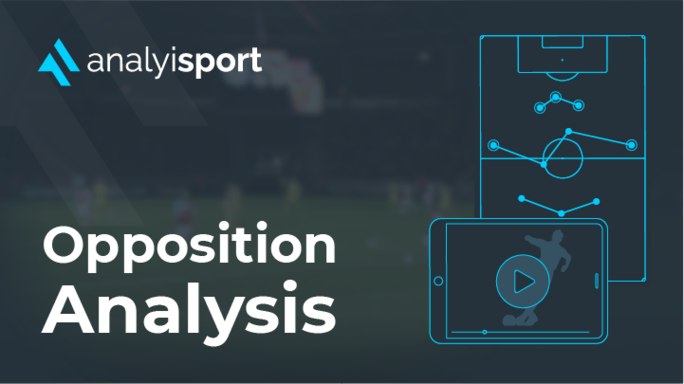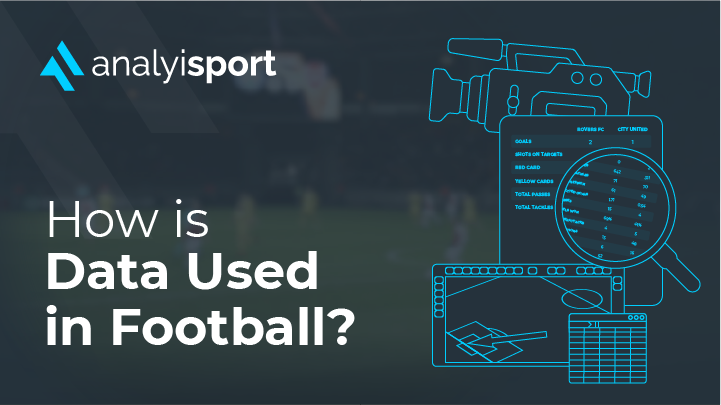How is Data Used in the Turkish Süeper Lig?
The Turkish Süeper Lig is embracing a revolution in data-driven football, leveraging cutting-edge analytics to close the competitive gap and improve player recruitment, match preparation, and overall performance.
Here’s how data is transforming Turkish football:
Advanced Analytics and Partnerships
Beşiktaş leads the way in adopting advanced analytics through its partnership with StatsBomb, a global leader in football data.
With access to over 3,400 events recorded per match, including pass height, footedness, pressures, and more, the club has an unparalleled resource for enhancing performance.
According to Osman Kul, Beşiktaş’s Analysis Coach, these metrics enable detailed feedback to players and coaches, making training sessions more focused and effective.
Other clubs have turned to Metrica, a tool praised for its live data coding and visualisation capabilities. Smaller teams like Gaziantep, Adana Demirspor, and Alanyaspor are leveraging these features to optimise match strategies in real time.
Data in Recruitment and Scouting
SciSport, a Netherlands-based data provider, has made significant inroads in Turkey, supporting clubs like Istanbul Başakşehir, Kayserispor, and Antalyaspor. By providing extensive scouting databases and opposition analysis tools, SciSport enables these teams to identify undervalued talent and improve recruitment strategies.
One standout example is Samsunspor. Having been in the Süeper Lig since the 2022/23 season following their promotion, the club has adopted a data-led approach under Dr. Orbay Ünsoy, their Head of Football Data Analysis.
This strategy has yielded remarkable results, including the acquisitions of players like Ercan Kara and Rick van Drongelen for a fraction of their market value.
Similarly, Çaykur Rizespor’s signing of Uzbek centre-back Husniddin Alikulov for £400,000 has proven to be a masterstroke, with the player leading the league in clearances and blocks while tripling his market value.
Bridging the Gap Between Giants and Underdogs
Historically, the financial powerhouses of Turkish football—Galatasaray, Fenerbahçe, Beşiktaş, and Trabzonspor—have dominated the league.
However, data-driven strategies are enabling smaller clubs to compete more effectively. Kayserispor’s strong performance this season, currently contending for a European spot, demonstrates how data-driven strategies, supported by SciSport’s tools, are empowering mid-tier teams to challenge traditional powerhouses.
Overcoming Past Challenges
The Turkish Süeper Lig has not always been a beacon of financial or organisational health. A culture of overspending on marquee players and underinvestment in youth development led to significant declines, exemplified by the collapse of clubs like Mersin İdman Yurdu.
Adding to this turmoil was the controversial Passolig system, which initially caused a steep drop in match attendances. However, attendance and revenues are now recovering, supported by a younger, football-obsessed population.
The Future of Data in Turkish Football
Data is not just a trend; it’s becoming a cornerstone of modern football strategy in Turkey. The adoption of platforms like StatsBomb, Metrica, and SciSport is helping clubs make smarter decisions, both on and off the pitch.
Smaller teams are discovering that data-driven recruitment can level the playing field, while larger clubs are using analytics to refine their performance.
If this momentum continues, the Süeper Lig could see a resurgence of competitiveness, with Turkish clubs once again making waves in European competitions.
The embrace of data and analytics might not only transform individual teams but also elevate the league’s global standing.
Related Courses:

- Level 1
- Module
Level 1: Opposition Analysis in Football
£25.00
Share this article
Our Learning Pathways
AnalyiSport is for everyone who is passionate about analysis in football. Where are you in your development journey?
Become a Football Scout
As more clubs than ever look to build data into their recruitment process, an understanding of recruitment analysis is your ticket to success in the game.
Related Articles
Our team provides news and insights from the cutting edge of football analysis.






